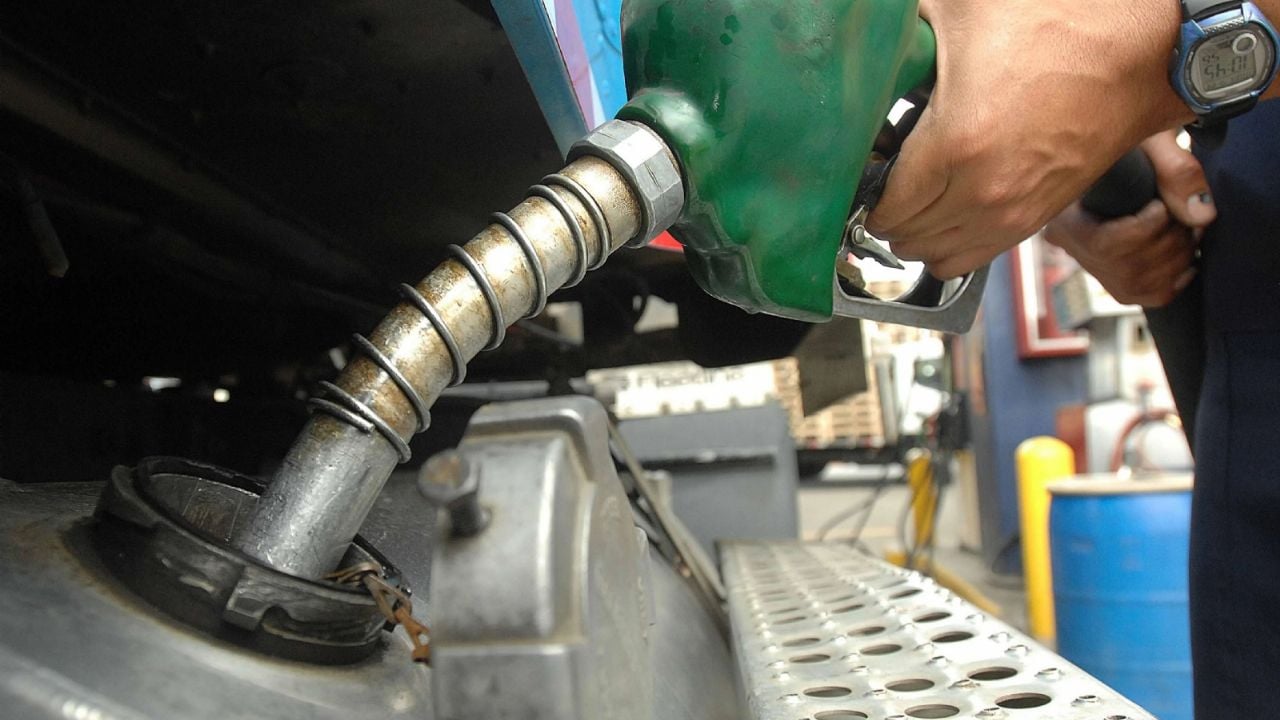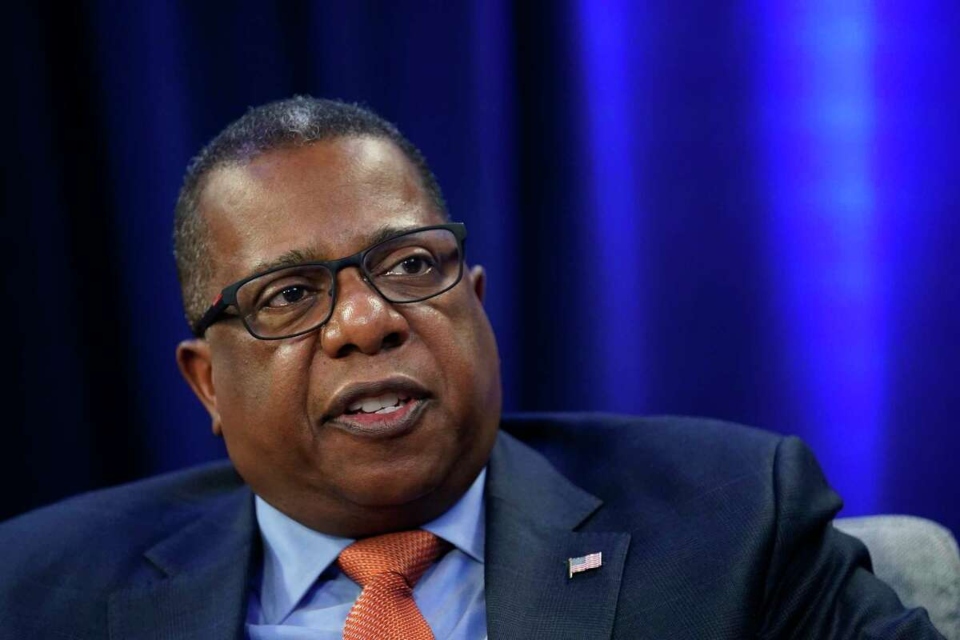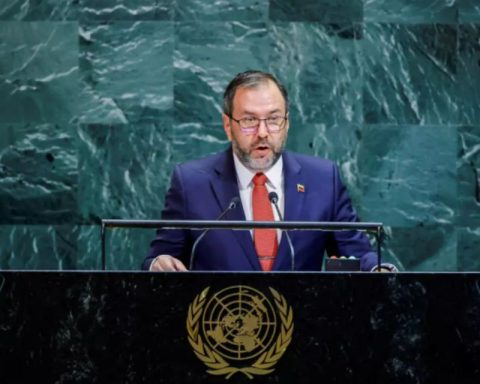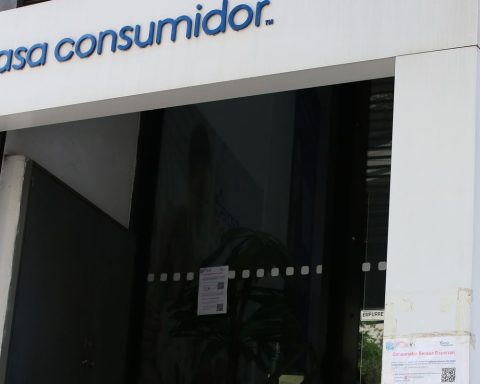Starting today, August 1, fuels will experience a increase 3%, which will directly affect the price per liter of gasoline and diesel throughout the country. This measure is due to the update of the Tax on Liquid Fuels (ICL) and the Carbon Dioxide Tax, made official through decree 681/2024 published in the Official Gazette.
The increase in fuel prices is not an isolated phenomenon, but is part of a complex economic context. Since the current government took office, fuel prices have experienced a increase accumulated more than 126%, significantly exceeding accumulated inflation.
This 3% increase is added to the monthly devaluation of the peso against the official dollar, which is 2%. With this new adjustment, fuel prices in the Autonomous City of Buenos Aires (CABA) will be as follows: Super gasoline will go from $941 to approximately $970 per liter.
Diesel will rise from $979 to around $1,008 per litre. These prices may vary slightly depending on the region and the oil company, but the main companies are expected to follow a similar line. He increase The rise in fuel prices has a direct impact on the economy, as it affects both consumers and businesses.

For consumers, the increase The increase in the cost of gasoline and diesel translates into higher transportation costs, which can reduce purchasing power and affect the consumption of other goods and services. For businesses, especially those that rely on transportation for their operations, rising fuel costs can lead to higher prices for products and services, contributing to inflation.
The government has attempted to mitigate the impact of these increases by postponing major adjustments to fuel taxes. For example, in July it was decided to postpone an increase that was planned in decree 466/2024, which avoided a 15% increase in gasoline and a 10% increase in diesel due to the tax component alone.

Taxes
However, these measures come at a cost in terms of tax collection. According to a report by the consultancy firm Economía y Energía, the partial update of the tax in July meant a loss of revenue estimated at USD 212 million.
The government aims to reduce inflation and stabilise the economy, but the road is not easy. The official projection is that the Consumer Price Index (CPI) will show a monthly increase of 3.7% for July and that August will be below that percentage, with the intention of reaching 0% monthly before the end of the year.


















